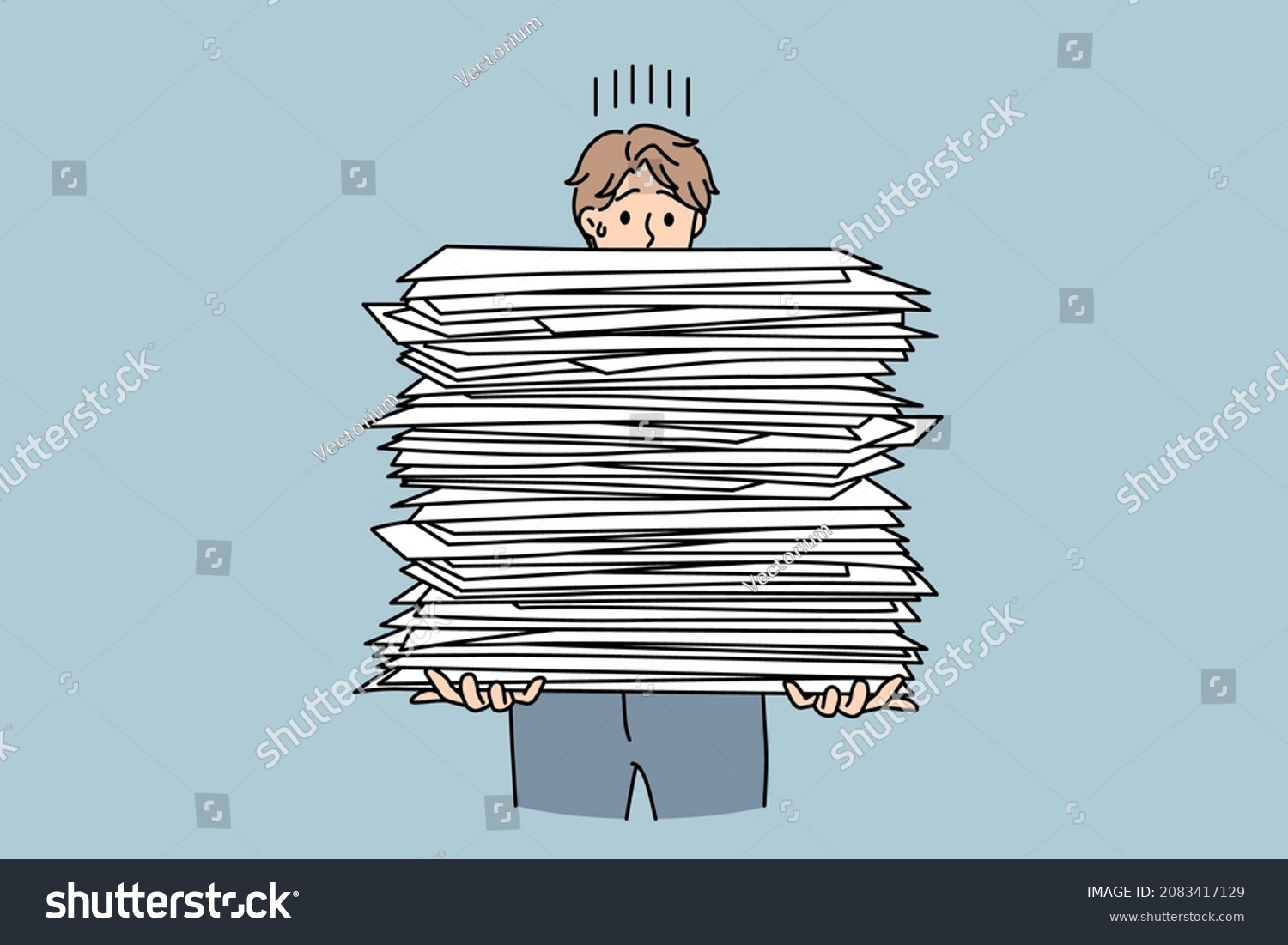Essential Paperwork for Starting a New Job: Top 5 Docs

Introduction to Essential Paperwork

Starting a new job can be both an exciting and daunting experience. Amidst the anticipation of new beginnings, one must not overlook the critical step of preparing essential paperwork. These documents ensure smooth onboarding and compliance with legal and organizational requirements. This comprehensive guide aims to walk you through the top 5 documents you should have ready when embarking on your new employment journey.
1. Employment Contract

The employment contract forms the foundation of your legal relationship with your new employer. Here's what you need to know:
- Job Title: Clearly states your position within the company.
- Salary Details: Outlines your compensation, including base salary and any bonuses.
- Start Date: When you officially begin your employment.
- Probation Period: If applicable, this period evaluates your fit for the role.
- Working Hours: Standard work schedule and expectations for overtime.
- Termination: Conditions under which employment can be terminated by either party.
- Confidentiality Clause: Protects company secrets and client information.
Reading the Contract

Before signing, ensure you:
- Review every clause to understand your obligations and rights.
- Seek legal advice if any part is unclear or if you have any reservations.
2. Proof of Identity

The need for identification in a new work environment arises from multiple angles:
- Verification: To confirm your identity for background checks, payroll, and work permits.
- Security: To ensure workplace safety by verifying the identity of all employees.
Documents Needed

- Passport or National ID: Valid government-issued documents.
- Driver's License: If you hold one, this can serve as an additional form of ID.
- Social Security Card (in US): Required for employment and tax purposes.
3. Tax Forms

Handling your taxes correctly from the start is crucial:
- Form W-4 (US): Determines the amount of tax withheld from your paycheck.
- National Insurance Number (UK): For payroll and tax purposes.
- Declaration Form (Various Countries): Details your tax status and obligations.
📌 Note: Depending on your country, you might also need to fill out forms related to tax treaties if you're a foreign national working abroad.
4. Educational Credentials

These documents verify your qualifications:
- Diplomas: Proof of graduation.
- Transcripts: Detailed records of courses taken and grades received.
- Certifications: Professional licenses or certifications relevant to your job.
Authenticating Your Credentials

In some countries, you might need:
- To have your degrees or diplomas apostilled for international verification.
- Professional bodies to verify your certifications.
5. Health and Emergency Contacts

While often overlooked, having these documents in order can make a significant difference:
- Health Insurance Card: For medical coverage and employer-sponsored health plans.
- List of Emergency Contacts: Next of kin, spouse, or relatives to be contacted in emergencies.
- Vaccination Records: Especially relevant in health-related fields.
- Medical Clearance: If required by the job, like for roles involving physical labor.
Health and Safety Compliance

Depending on the role, you might also need:
- To undergo medical examinations to ensure you're fit for the job.
- To participate in health and safety training sessions provided by your employer.
🚑 Note: Keeping emergency contacts updated is crucial. Inform your employer if any changes occur.
Summary

Navigating the paperwork for a new job involves more than just filling out forms; it's about setting the groundwork for your professional relationship with your new employer. The top 5 documents discussed here - the employment contract, proof of identity, tax forms, educational credentials, and health-related documents - are essential for legal compliance, ensuring you get paid correctly, and being ready to hit the ground running. Review, gather, and prepare these documents well in advance to make your onboarding smooth, efficient, and compliant with your organization's and country's regulations.
What happens if I forget to bring one of these documents?

+
If you forget to bring essential documents, your onboarding might be delayed. Employers will want to ensure all required documents are in place before you start working. Some companies might allow you to start work while you arrange for the missing documents to be sent later, but this isn’t always the case.
Do I need originals or are copies okay?

+
Generally, employers will require originals for initial verification, especially for identity and educational credentials. Copies might be kept by the company for records, but always check with your employer or HR department for specific requirements.
Can I start working without all the paperwork being completed?

+
Some employers might allow you to begin work while completing the paperwork, especially if you’re relocating or there’s an issue with document procurement. However, ensure you agree upon deadlines with HR for when all documents must be in place.



